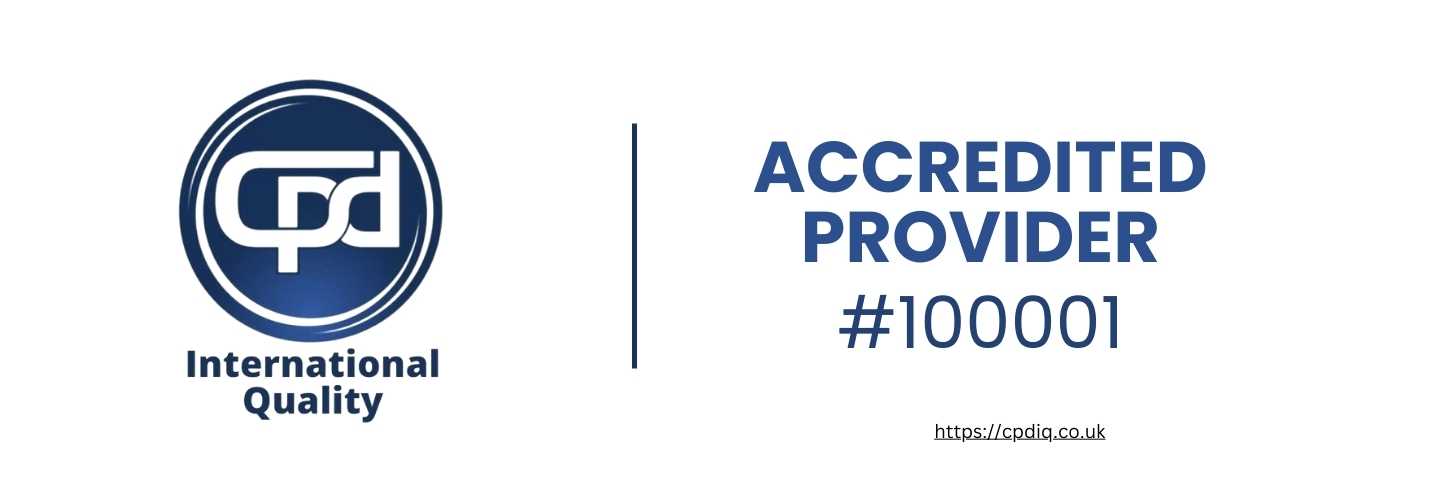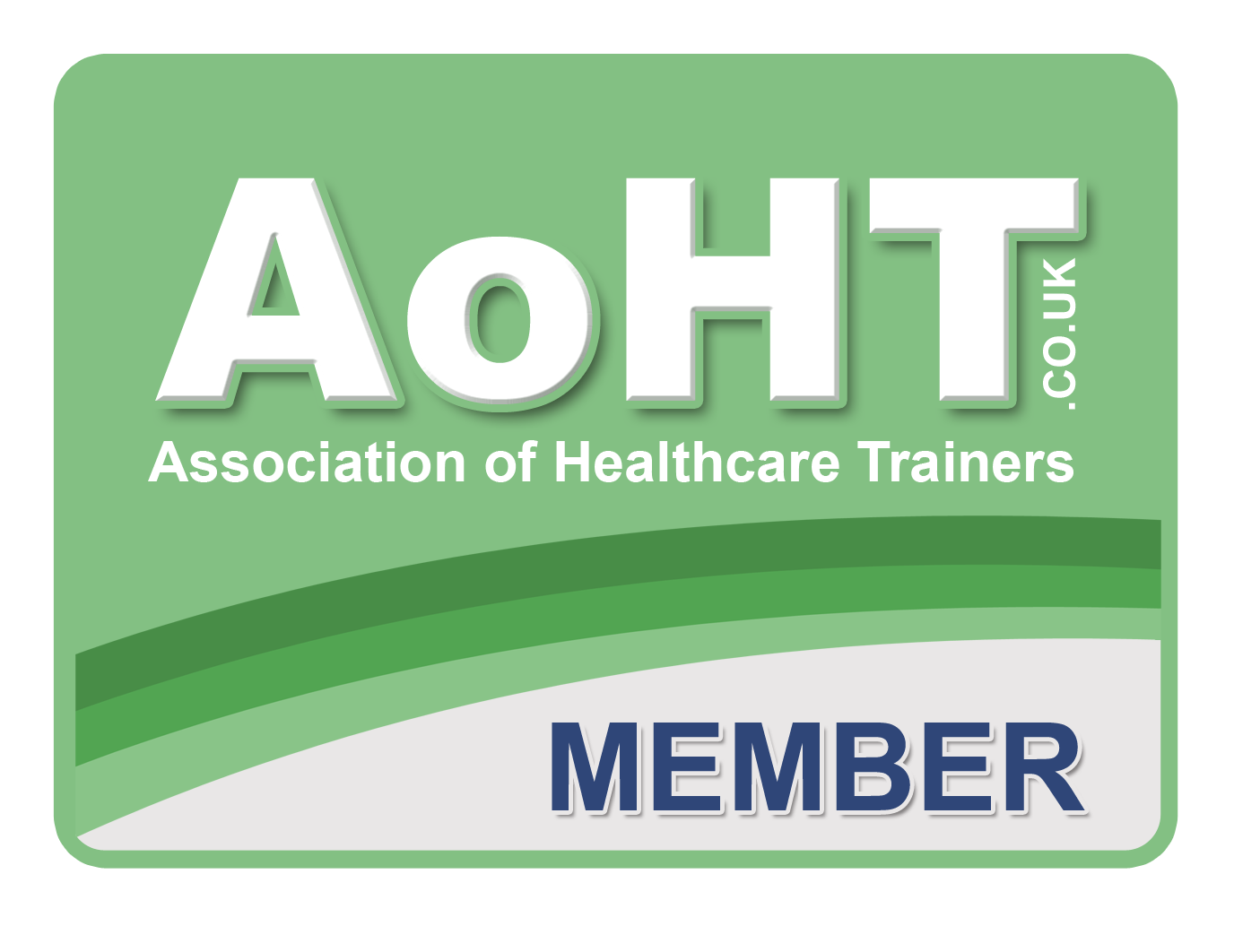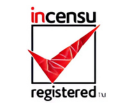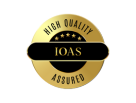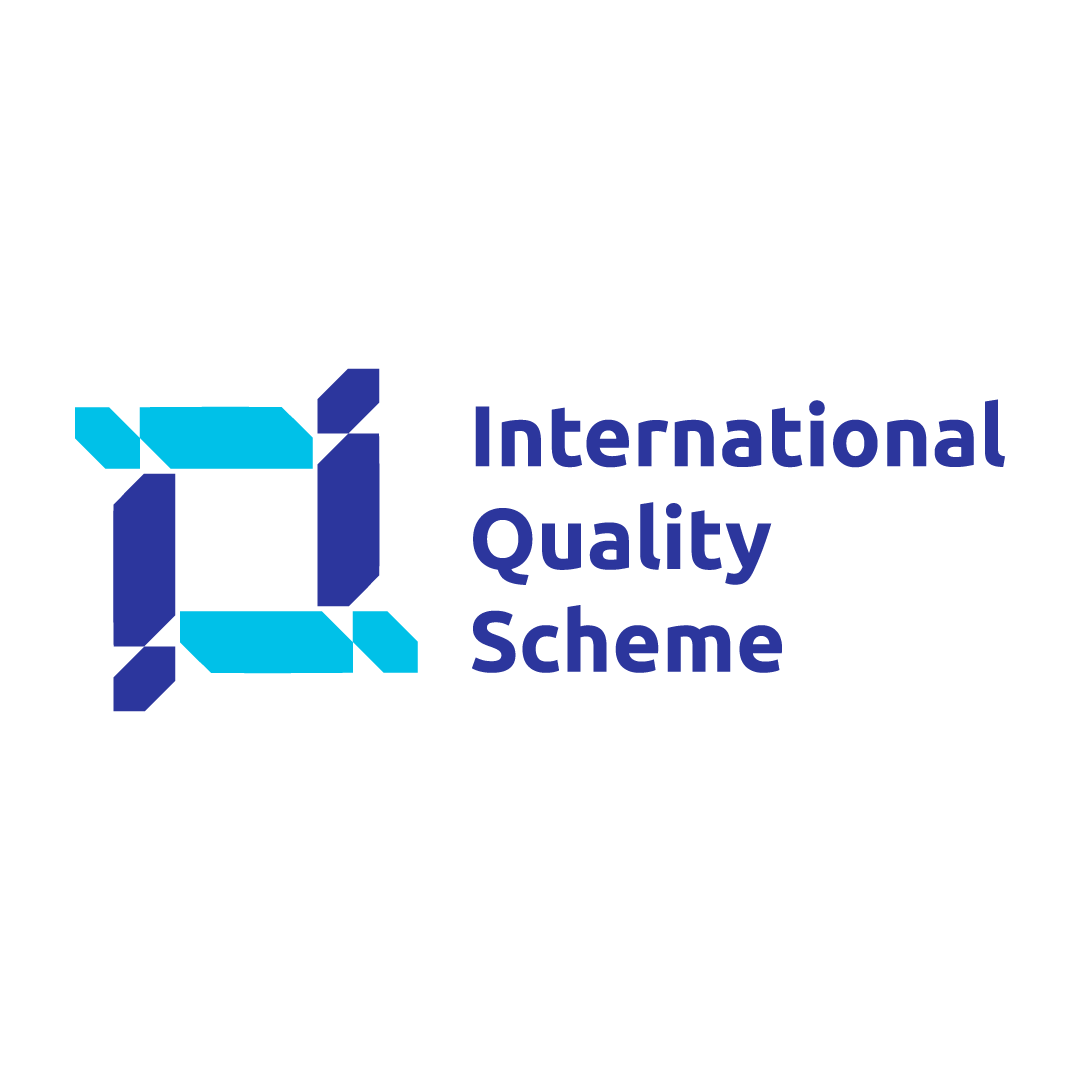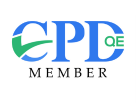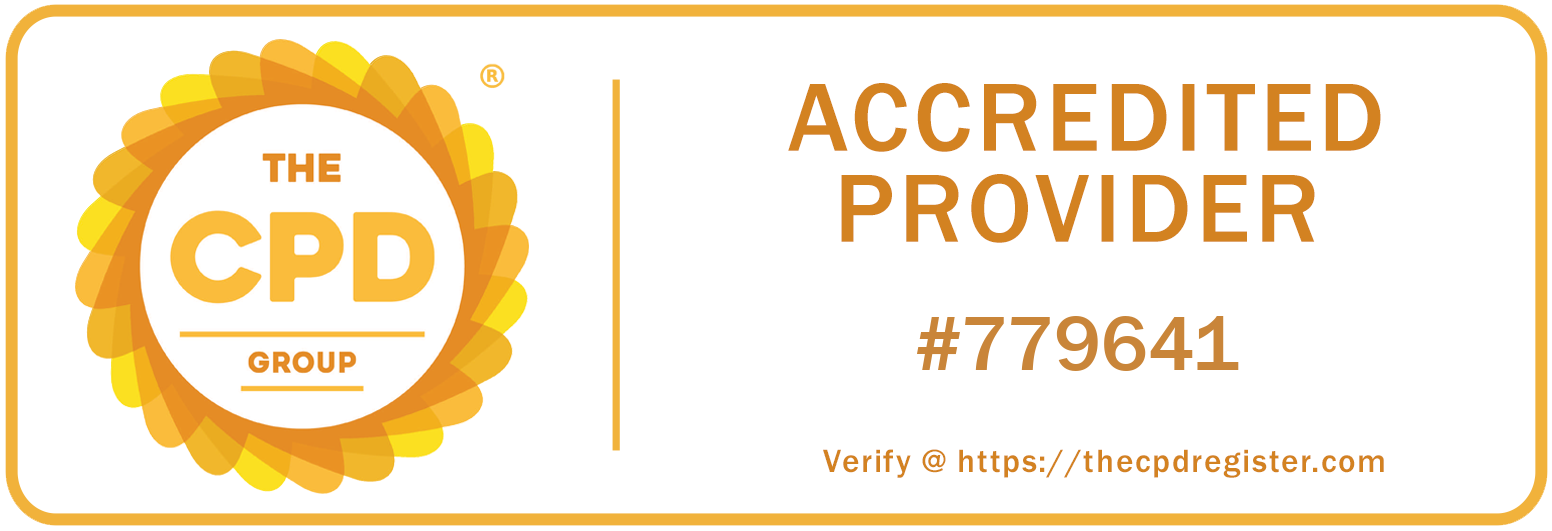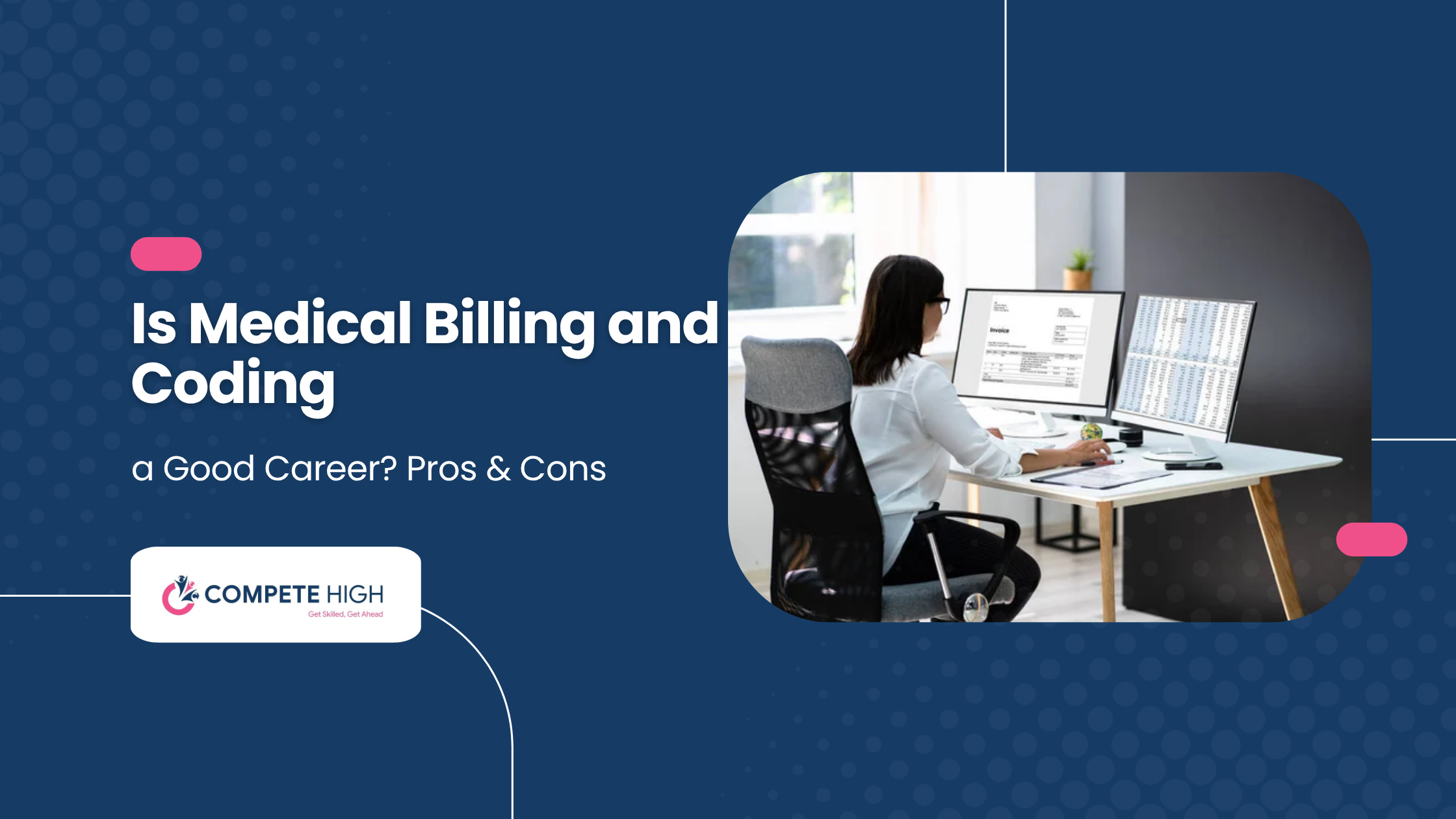
Medical billing and coding are often overlooked when people think of careers in health care. Most tend to focus on doctors and nurses; however, a large group of professionals work behind the scenes to keep the system running smoothly—two of the most vital being those in medical billing and coding.
Many people are drawn to medical billing and coding jobs because they offer a pathway into the health care sector without the need to attend medical school for many years. These roles are also well-suited to individuals who enjoy office-based work, as they involve routine tasks, attention to detail, and offer stability in a consistently growing industry.
In this blog, I will explore the roles of a medical biller and a medical coder, highlight the key differences between the two, and discuss the types of medical billing and coding jobs available. I will also cover the medical billing and coding salary expectations, the skills needed for medical billing and coding, and examine the advantages and disadvantages of working in this profession.

Quick Overview
Medical billing and coding are vital behind-the-scenes roles in healthcare that ensure accurate documentation and timely payment for medical services. These careers offer a practical entry point into the health sector—without years of medical school.
Whether you're starting fresh or looking to shift careers, this guide walks you through:
✅ Understanding the difference between medical billing and coding.
✅ Exploring job roles, work environments, and salary expectations.
✅ Identifying the key skills needed for success.
✅ Learning how to get started with education, certification, and real-world experience.
By the end, I hope to clarify the importance of careers in medical billing and coding, and help you determine whether this path aligns with your strengths, career goals, and lifestyle.
Medical Billing vs. Coding
Even though medical billing and coding are often used together and professionals may sometimes wear both hats, these are actually different roles. Appreciating the difference will help you see how both fields operate side by side to assist healthcare providers, healthcare patients, and the healthcare insurer.
What Is Medical Billing?
Medical billing attends to the long tail of healthcare billing services. The link between providers of healthcare and the healthcare insurer is the medical biller. The biller ensures the bill is paid and services rendered are provided in a timely manner. If you're considering medical billing and coding jobs, understanding this process is key.
Here are the typical tasks performed by a medical biller:
- Claims preparation and submission: The biller takes the patient’s coded medical info post-care and prepares it as a claim for healthcare services rendered to the patient.
- Insurance provider communication: Billers verify claims that are pending and follow up to resolve any denials and rejections.
- Patient billing: When the patient’s insurance does not cover the services fully, the biller sends the patient an invoice and may set up a healthcare payment plan.
- Compliance: Billers are responsible for claims to meet the guidelines of federal compliance, insurance billing requirements, and healthcare laws.
To put it concisely, medical billing involves managing finances within the healthcare system, ensuring both the providers and the patients understand and accept the costs. This role also impacts the overall medical billing and coding salary potential, especially for those who take on advanced responsibilities.
What is Medical Coding?
Coding, however, is the language of healthcare and involves translating patient records, including all the documentation, diagnosis, and treatment, into codes. These codes are universal and necessary for billing, insurance, healthcare analytics, and research purposes. Many who study through online medical billing and coding programs begin their careers in coding before expanding into billing.
Here are some responsibilities of medical coders:
- Reviewing clinical documentation: Coders analyze and interpret doctors’ notes, lab reports, and discharge summaries.
- Assigning codes: Coders use the ICD-10 (International Classification of Diseases), CPT (Current Procedural Terminology), and HCPCS Level II and other coding manuals to provide a complete and detailed code for every diagnosis and procedure performed.
- Supporting accurate billing: Coders ensure that the assigned codes reflect the services the provider performed and determine payment and claim approvals from insurance providers.
- Ensuring accuracy and compliance: Coders are tasked with monitoring coding changes, compliance with other healthcare regulations, and accuracy of healthcare services documentation.
These tasks reflect some of the essential skills needed for medical billing and coding, such as attention to detail, understanding medical terminology, and knowledge of compliance regulations.
While billers manage finances and coders manage information, each is vital to the system's smooth operation.
How They Work Together
Think of it this way: medical coding is a language, and medical billing is a conversation using that language.
Without accurate coding, billing would be impossible because insurers wouldn’t know what services were provided. Without billing, codes would be meaningless because providers wouldn’t receive payment. Together, these roles form the backbone of healthcare administration.
Imagine a patient scenario. A patient visits a general practitioner for a consultation and a blood test. After the appointment, the medical coder looks at the notes and codes them for both the consultation and the test. The biller then takes those codes and submits a claim to the patient’s insurance provider. After the claim is approved, the healthcare provider receives their payment, and the patient receives a bill for the remaining balance.
This is why coding and billing are viewed as two sides of the same coin – they are distinct, but their separation is impossible.
If you're exploring the pros and cons of medical billing and coding, it's important to understand how the two roles complement each other. The profession offers stability, growing demand, and the option of remote work, especially for those who pursue online medical billing and coding programs. However, it also requires continuous learning and precision, which are key skills needed for medical billing and coding.
Medical Billing and Coding Jobs
One of the biggest draws for medical billing and coding is the variety of job opportunities available. As the healthcare industry continues to expand, so does the need for trained billing and coding professionals to ensure that recorded information is accurate and that payments are processed on time.

Job Outlook
The healthcare sector is growing rapidly, both in the UK and worldwide, and with it, the demand for professionals in medical billing and coding jobs. This growth is driven by advancements in healthcare technology, an increasing patient population, and a rise in elderly patients requiring ongoing medical care.
Research shows that the demand for health information management roles — including medical billing and coding — will continue to increase over the next decade.
This growing demand is fuelled by:
- Increased need for medical documentation: More patients mean more documentation, more records to manage, and more claims to bill.
- Compliance and regulation: With stricter rules around billing, insurance, and healthcare documentation, accurate coding and billing have become essential.
- Technology adoption: The introduction of Electronic Health Records (EHRs) and automated systems has increased the need for specialised staff with the right skills needed for medical billing and coding.
All of this translates into strong job security — a key benefit for anyone seeking a reliable and long-term career. The stability of medical billing and coding jobs also makes the field less susceptible to automation than many other office-based roles.
Work Environments
The job of a medical biller and coder isn’t limited to a single type of workplace. Below are the most common work environments for those in medical billing and coding:
- Hospitals: Large healthcare facilities often have entire teams of medical billers and coders managing high volumes of patient information and procedures.
- Clinics and General Practice: Smaller practices may employ one or two billing and coding professionals to handle administrative and financial tasks.
- Insurance Providers: Some professionals work on the insurance side, evaluating claims and ensuring all submitted information is accurate.
- Specialty Practices: From dentistry to physiotherapy, specialist clinics also rely on coders and billers with knowledge of specific procedures and treatments.
- Remote Work: Thanks to digital health records and cloud-based systems, many medical billing and coding jobs can now be done from home — ideal for those looking for flexible work options.
The variety of settings gives you the chance to find a workplace that suits your personality and lifestyle. For instance, if the fast pace of a hospital isn't appealing, a quieter clinic may be a better fit.
Job Titles
If you choose a career in medical billing and coding, you'll find a wide range of job titles to consider. Each comes with slightly different responsibilities, but all support the goal of keeping healthcare documentation and finances organised and compliant.
Here are a few common job titles in the industry:
- Certified Professional Coder (CPC)
- Medical Billing Specialist
- Health Information Technician
- Claims Processor
- Coding Auditor
- Revenue Cycle Specialist
While duties may vary between roles, all of them require core skills needed for medical billing and coding, such as attention to detail, knowledge of healthcare regulations, coding systems, and billing software.
It’s also worth noting that medical billing and coding salary ranges can differ depending on the job title, years of experience, and the type of employer. Entry-level roles tend to offer steady starting pay, with opportunities to increase your earnings as you specialise or take on senior positions.
Medical Billing and Coding Salary
When it comes to picking a career, salary is often a deciding factor. Fortunately, medical billing and coding can provide a solid and stable income, especially if you have some experience and certification.

Average Salary
In the UK, salaries for entry-level professionals in medical billing and coding jobs start at around £20,000 to £26,000 per year. With a few years of experience and the right certification, the medical billing and coding salary can increase to £30,000–£40,000 annually. Senior roles such as coding auditors and revenue cycle department managers can earn significantly higher salaries.
In the U.S., the annual average medical billing and coding salary is around $47,000 (£37,000), and certified coders can earn about $55,000 (£44,000). This highlights the international value and demand for medical billing and coding skills.
Factors Affecting Salary
As with many professions, several factors will influence how much you can earn in medical billing and coding:
- Location: Larger and more populated UK cities like London and Manchester generally offer higher salaries compared to rural areas. This is due to increased demand and a higher cost of living.
- Experience: Beginners won’t command the same salary as those with five or ten years of experience in medical billing and coding jobs.
- Certifications: Gaining qualifications from reputable organisations such as AAPC (American Academy of Professional Coders) and AHIMA (American Health Information Management Association) can significantly improve earning potential — even for roles based in the UK.
- Work Environment: Salaries can vary depending on the type of workplace. Larger hospitals and clinics typically have greater funding than smaller practices. Insurance companies and government agencies also tend to offer more competitive compensation packages.
- Specialisation: Coders who work in complex medical fields such as oncology or cardiology usually earn more due to the specialised knowledge and increased responsibility their work demands.
- Career Advancement: There is strong potential for career growth within medical billing and coding. You may start out as a biller or coder and progress into senior positions such as compliance auditor, coding manager, or health information manager. Some professionals even move into consultancy, training others or advising organisations on health documentation practices.
- Skills: As with any career, success in medical billing and coding jobs depends heavily on the skills you bring to the role. Key skills include precision, attention to detail, knowledge of healthcare regulations, and the ability to work with coding systems and billing software. These directly affect your performance and, ultimately, your salary potential.
Skills Needed for Medical Billing and Coding
Like any career, success in medical billing and coding depends heavily on the skills you bring to the table. This field requires a blend of technical knowledge and personal qualities that ensure accuracy, efficiency, and compliance in a healthcare setting.

Whether you're researching how to become a medical biller and coder or already working in the field, understanding the core skill sets is crucial for long-term success.
Soft Skills
In any profession, while one may focus primarily on hard skills, soft skills should not be neglected. Many of the skills needed for medical billing and coding fall into this category:
- Attention to Detail: Coding and billing mistakes—even small ones—can result in claim denials and compliance issues. Therefore, it is important to be accurate and thorough.
- Communication: Billing and coding professionals must interact with healthcare providers, insurance representatives, and sometimes patients. Clear, professional communication is key to avoiding misunderstandings.
- Problem-Solving: Claims are not always approved. You will need to troubleshoot errors, resolve claim denials, and find solutions that work for both providers and insurers.
- Organisation and Time Management: Managing large volumes of paperwork, claims, and patient records requires excellent organisational skills and the ability to prioritise tasks.
- Patience and Persistence: Following up on complex or delayed claims can be frustrating. Patience and perseverance help you avoid burnout and maintain productivity.
Hard Skills
In addition to soft skills, there are several technical competencies and industry knowledge areas that are essential in medical billing and coding:
- Medical Terminology: Understanding the language of medicine is vital to assigning the correct codes and interpreting healthcare documentation.
- Anatomy and Physiology: Coders need to grasp how body systems work and how different diagnoses relate to specific procedures in order to code accurately.
- Medical Coding: Proficiency in coding systems—such as ICD-10 for diagnoses, CPT for procedures, and HCPCS Level II for supplies and services—is a must for any coding professional.
- Billing Software: Familiarity with digital Electronic Health Record (EHR) systems and billing software is essential, especially as digitalisation increases across the healthcare sector.
- Legal Knowledge: Understanding and complying with healthcare laws—such as GDPR in the UK or HIPAA in the U.S.—is crucial when handling sensitive patient data.
- Mathematics and Data Entry Skills: While advanced maths isn't necessary, a comfort level with numbers and data entry is important for ensuring billing accuracy.
A productive and reliable employee in this field will integrate these competencies to manage both the technical and interpersonal aspects of the job. The skills needed for medical billing and coding reflect its unique position as both an administrative and clinical support role.
If you’re still weighing the pros and cons of medical billing and coding, one of the clear positives is that these skills are transferable and in demand across various healthcare settings. On the other hand, the job can be detail-heavy and requires a high degree of accuracy and ongoing education.
Whether you're just exploring how to become a medical biller and coder or already developing your skill set, focusing on both soft and hard skills will position you for a successful career in this growing field.
How to Become a Medical Biller and Coder
For those considering a career in medical billing and coding, the path is relatively accessible compared to other healthcare professions. You don’t need a decade of medical training, but you do need the right foundation, education, and qualifications.
Understanding how to become a medical biller and coder is the first step towards entering a field that offers stability, flexibility, and career growth.
Education
Most employers require at least a high school diploma or a GCSE-equivalent qualification. After that, aspiring billers and coders typically take one of the following educational paths:

- Certificate Program: These short, focused courses (typically 6–12 months) cover the basics of billing, coding, and medical terminology. They are ideal for those who want to begin working as quickly as possible.
- Associate’s Degree: This two-year programme includes not only billing and coding but also subjects like healthcare administration and information management. It can help you stand out in competitive medical billing and coding jobs.
- In the UK, recognised diploma courses in medical administration and coding are offered by many colleges and private training providers. We'll explore this more in depth later, but it's worth noting that online medical billing and coding programmes are growing in popularity due to their flexibility and accessibility.
Certification
While it’s technically possible to work without a formal certification, doing so can significantly limit your job prospects and earning potential. That’s why obtaining a recognised credential is a smart move.
Prominent global organisations offering certification include:
- AAPC (American Academy of Professional Coders) – Provides credentials like the Certified Professional Coder (CPC)
- AHIMA (American Health Information Management Association) – Offers qualifications such as the Certified Coding Specialist (CCS)
Even in the UK, where certification requirements may vary, these internationally recognised credentials are highly valued by employers as proof of professionalism and competence in medical billing and coding.
Experience
Practical experience is a crucial part of how to become a medical biller and coder. Most training programmes include internship or practicum placements in healthcare settings. These placements allow you to work with real billing systems, practice coding, and begin building your professional network.
If you're keen to get your foot in the door, you might start in an entry-level administrative role or assist with records and data management. From there, you can transition into billing or coding as you gain experience and confidence. This hands-on path also helps you build many of the skills needed for medical billing and coding, including attention to detail, organisation, and familiarity with digital health systems.
Career Pathways
Once you've gained experience in medical billing and coding, several potential career pathways open up depending on your interests and goals:
- Staying specialised: You might choose to deepen your expertise in a niche area such as hospital coding, surgical procedures, or insurance claims processing.
- Auditing and compliance: Experienced coders often transition into auditing roles, where they are responsible for ensuring that medical records and claims are coded accurately and in compliance with regulations.
- Management roles: With the right mix of technical and soft skills, you could lead a billing and coding team or oversee the full revenue cycle for a healthcare organisation.
- Teaching or consulting: Many seasoned professionals go on to teach coding and billing or consult for healthcare providers, sharing their knowledge and best practices.
Whether you're focused on job stability, remote work opportunities, or the long-term pros and cons of medical billing and coding, this career offers flexibility and room for progression. With the right education, certification, and experience, becoming a medical biller or coder is a goal within reach for many.
Pros and Cons of Medical Billing and Coding Careers
Every career comes with advantages and drawbacks. Understanding both sides helps you make an informed decision about your future. A career in medical billing and coding, like many others in healthcare, offers both opportunities and challenges.

Here, we break down the pros and cons of medical billing and coding to give you a clearer picture of what to expect.
Pros (Benefits)
Understanding this side will help you decide if it’s the right path for you.
High Demand and Job Security
As long as healthcare services exist, there will be a need for skilled billers and coders. With the ageing population and the increasing demand for accurate and compliant medical records, the job outlook for medical coders is very positive. This ensures long-term job security and stability in a growing industry.
Flexible Work Environments
Unlike many healthcare positions that require in-person work, medical billing and coding jobs often offer remote or hybrid options. This flexibility makes it easier to balance work with family or personal life—especially appealing for those seeking more control over their schedules.
Training Takes a Short Time
Compared to careers such as nursing or physiotherapy, it takes relatively little time to qualify in this field. Many people start working after completing a certification or diploma course within a year or two. In fact, the rise of online medical billing and coding programs has made it even more convenient to train without attending in-person classes.
No Interaction with Patients
If working directly with patients isn't your preference, medical billing and coding provides an excellent behind-the-scenes option. You’ll still be contributing to patient care by ensuring accuracy in records and timely billing, without needing to engage in clinical settings.
Opportunities to Move Up
This is not a dead-end job. With more experience, further certifications, and a proactive approach, you can advance into senior roles such as coding auditor, compliance officer, or even into management within healthcare administration.
Cons
Understanding both sides will help you decide if it’s the right path for you.
Monotony of Work
The work can be repetitive. Reviewing medical records, assigning codes, and submitting claims follow a routine, and for some individuals, this level of repetition can become monotonous over time.
Need for Constant Education
Coding systems like ICD-10 and CPT are frequently updated. Professionals must stay up to date with regulation changes, requiring continuous learning. For many, this means additional training, certifications, and exams throughout their career.
Pressure of Deadlines
Medical billing is directly tied to a healthcare provider’s income, which means that claim processing often comes with tight deadlines. This pressure can sometimes transfer from providers and patients onto the billing professionals, adding stress to the role.
Potential for Stress
Managing complex claims, ensuring compliance with healthcare regulations, and liaising with insurance companies can be demanding. This field may not suit someone who struggles under pressure or finds administrative stress difficult to manage.
In the end, choosing whether or not medical billing and coding is right for you depends on your personality and career goals. If you prefer a predictable, structured role with limited patient interaction and steady employment, the advantages will likely outweigh the challenges.
Understanding the pros and cons of medical billing and coding, along with exploring available online medical billing and coding programs and the promising job outlook for medical coders, will help you determine if this is the right path for you.
Online Medical Billing and Coding Programs
The most straightforward approach to prepare for a career in medical billing and coding is to enrol in an online medical billing and coding program. As healthcare administration becomes increasingly digitised, it is no surprise that training options have followed suit.

Benefits of Online Learning
- Flexibility: For career changers and working parents, this model is ideal. You can study at your own pace, fitting coursework around other commitments.
- Accessibility: Online training reaches learners in diverse locations, especially those who live far from training providers. This accessibility makes it easier to start a career in medical billing and coding regardless of your location.
- Cost-Effective: Online courses are usually more affordable. You save on travel and accommodation costs, making education more economical.
- Technology Skills: Since much of medical billing and coding work is performed electronically, learning in a digital environment prepares you well for the practical demands of the job.
How to Pick a Quality Program
When choosing an online course, consider the following factors to ensure it meets your needs and supports your career goals:
- Accreditation – To be relevant and credible, the course should be accredited by a recognised body.
- Curriculum – Look for a programme covering medical terminology, anatomy, coding, and billing comprehensively.
- Instructor Qualifications – Courses taught by instructors with practical experience in medical billing and coding are preferable.
- Certification Preparation – If you plan to obtain credentials like CPC (Certified Professional Coder) or CCS (Certified Coding Specialist), the course should be tailored to help you prepare for these exams.
- Student Support – A supportive learning structure combined with self-paced materials greatly enhances the learning experience.
Since the pandemic, almost all colleges, universities, and private training organisations in the UK offer online medical billing and coding programs, making training more accessible than ever.
Considering the pros and cons of medical billing and coding, along with the expanding job outlook for medical coders, pursuing an online programme is a smart and convenient step toward a rewarding career.
Conclusion
Though medical billing and coding are not as prominent as other medical professions, they are very important for the health system to function and operate properly. For those who prefer to work with information, systems, and processes rather than with people, direct patient care, this can be a great choice for a flexible career with plenty of opportunities.
We have examined the differences between medical billing and medical coding, discussed the roles and compensation, highlighted the important skills needed, and assessed the advantages and disadvantages. Every job comes with challenges, and this career is no different, including the need for continuous education and the stress of tight schedules. However, factors that many consider most important include job security, flexible working conditions, and the potential for career growth.
If this sounds like the right path for you, the next step is to look for accredited training courses, either online or in person. This structured approach will help you evaluate whether medical billing and coding is a meaningful career choice. With the growing demand in this field, now is an excellent time to consider a career in medical billing and coding.



